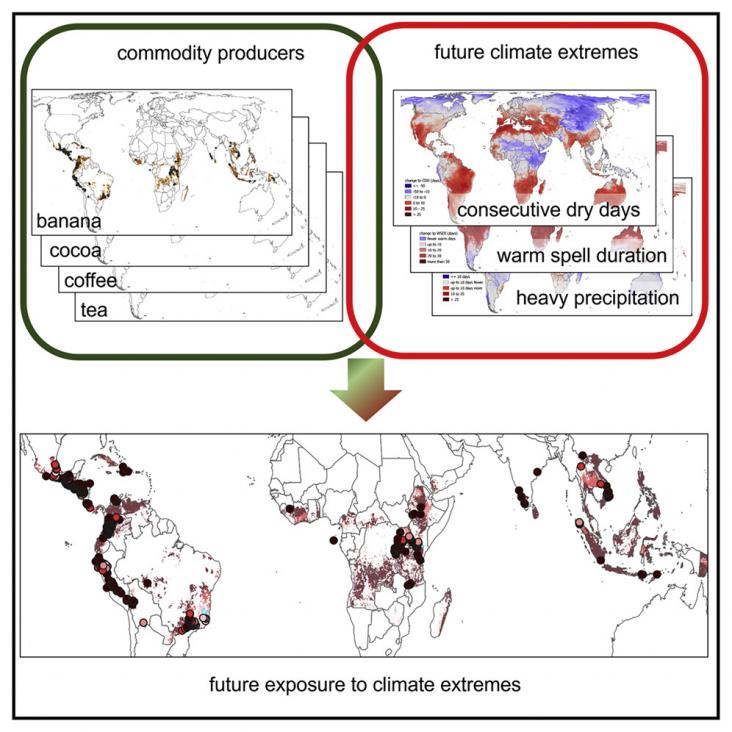
The paper shows that future global wheat prices will exhibit steeper spikes at 2°C global warming despite a 1.7% increase in production, increasing inequalities.

Analysis of how drought, heat stress, and heavy precipitation could affect over 1.6 million producers within the Fairtrade supply chain by 2050.
The objective of this paper is to critically analyse the innovative passive nZEB building concept ‘2226’ regarding its climate impact via the initial prototype building ‘be 2226’.
The Philippine government included the health impacts of climate change as a priority area for research funding. An analysis of stakeholders was done to assist the government in engaging research and government stakeholders in producing climate change and health research.
Cities are at the forefront of the global challenges of climate change. Compared to other urban problems, the complexity and uncertainty of climate change presents new governance challenges.
This new façade reduces the carbon footprint by over 34%; thermal conductivity by over 64% and reduces he related cooling energy by over 14%. The new façade can recover the additional cost investment after 3.5 years due to the energy savings.
This Article supports SDGs 3 and 13 by showing that plant-based beef alternatives could reduce the carbon footprint of the US food system, but highlights that reductions in other envirnmental dimensions are dependent on repurposing of resources.
This article discusses the complex interactions between hazards and vulnerability
An Article in support of SDGs 3 and 13, projecting the possible future mortality burden due to hot nights, rather than quanitfying the effects of average daily temperatures
A Viewpoint on the interplay between social, climate, and health challenges in Latin America and the Caribbean, in the context of SDGs 3, 10, and 13, highlighting the need to address these challenges with adaption and mitigation policies that prioritise people's health and wellbeing.
